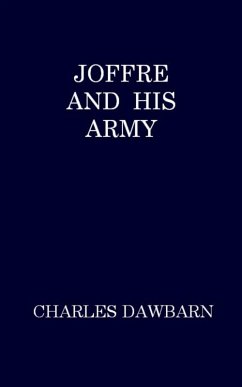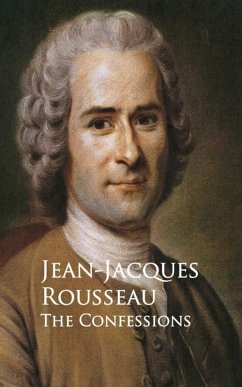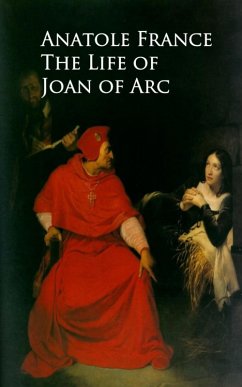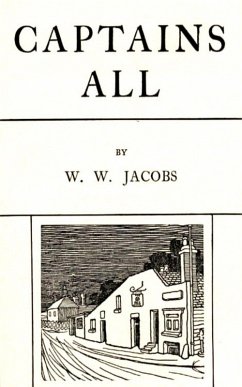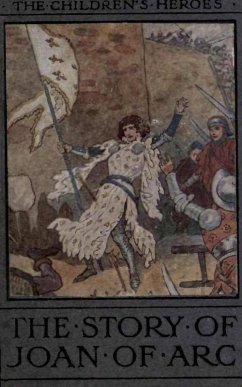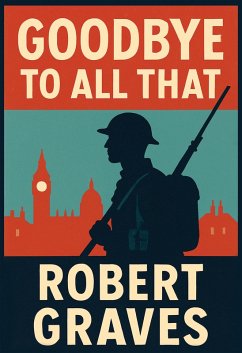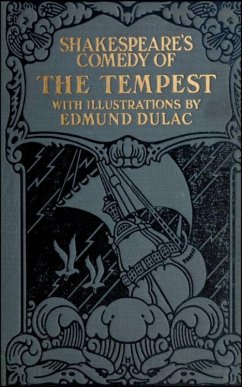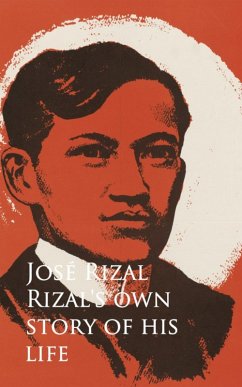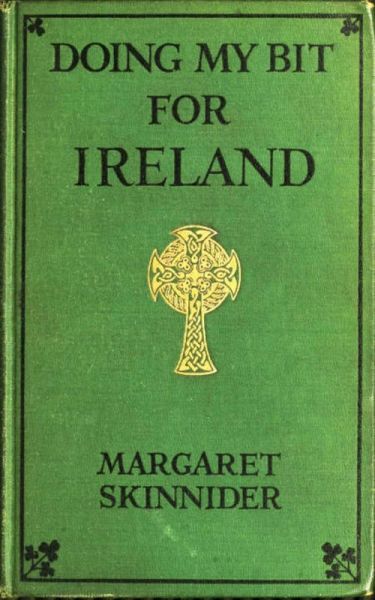
Doing my bit for Ireland (eBook, ePUB)
Versandkostenfrei!
Sofort per Download lieferbar
0,99 €
inkl. MwSt.
Weitere Ausgaben:

PAYBACK Punkte
0 °P sammeln!
When the revolt of a people that feels itself oppressed is successful, it is written down in history as a revolution-as in this country in 1776. When it fails, it is called an insurrection-as in Ireland in 1916. Those who conquer usually write the history of the conquest. For that reason the story of the "Dublin Insurrection" may become legendary in Ireland, where it passes from mouth to mouth, and may remain quite unknown throughout the rest of the world, unless those of us who were in it and yet escaped execution, imprisonment, or deportation, write truthfully of our personal part in the ris...
When the revolt of a people that feels itself oppressed is successful, it is written down in history as a revolution-as in this country in 1776. When it fails, it is called an insurrection-as in Ireland in 1916. Those who conquer usually write the history of the conquest. For that reason the story of the "Dublin Insurrection" may become legendary in Ireland, where it passes from mouth to mouth, and may remain quite unknown throughout the rest of the world, unless those of us who were in it and yet escaped execution, imprisonment, or deportation, write truthfully of our personal part in the rising of Easter week. It was in my own right name that I applied for a passport to come to this country. When it was granted me after a long delay, I wondered if, after all, the English authorities had known nothing of my activity in the rising. But that can hardly be, for it was a Government detective who came to arrest me at the hospital in Dublin where I was recovering from wounds received during the fighting. I was not allowed to stay in prison; the surgeon in charge of the hospital insisted to the authorities at Dublin Castle that I was in no condition to be locked up in a cell. But later they might have arrested me, for I was in Dublin twice-once in August and again in November. On both occasions detectives were following me. I have heard that three days after I openly left my home in Glasgow to come to this country, inquiries were made for me of my family and friends. That there is some risk in publishing my story, I am well aware; but that is the sort of risk which we who love Ireland must run, if we are to bring to the knowledge of the world the truth of that heroic attempt last spring to free Ireland and win for her a place as a small but independent nation, entitled to the respect of all who love liberty. It is to win that respect, even though we failed to gain our freedom, that I tell what I know of the rising...
Dieser Download kann aus rechtlichen Gründen nur mit Rechnungsadresse in A, B, BG, CY, D, DK, EW, E, FIN, F, GR, H, IRL, I, LT, L, LR, M, NL, PL, P, R, S, SLO, SK ausgeliefert werden.




